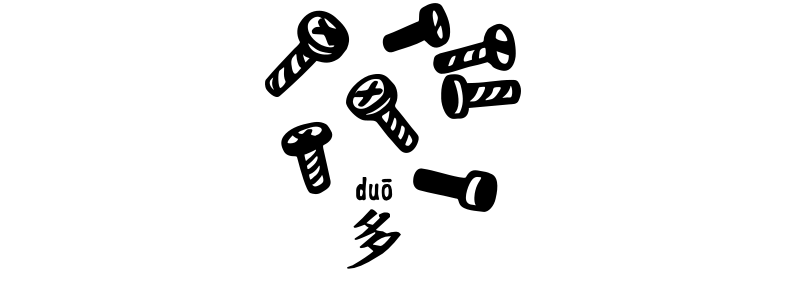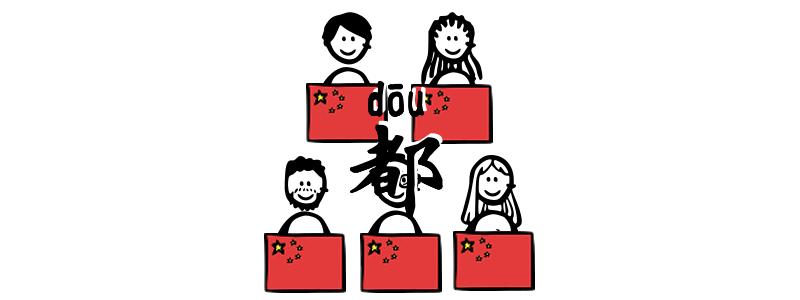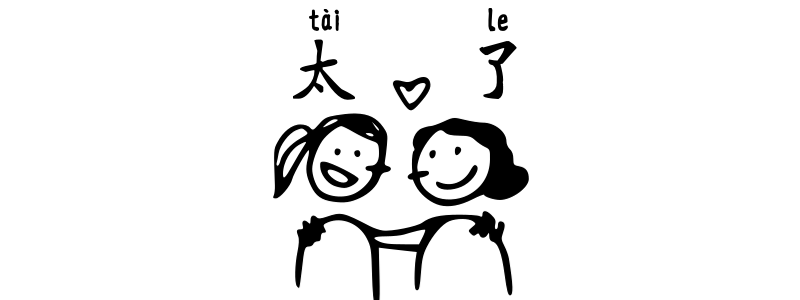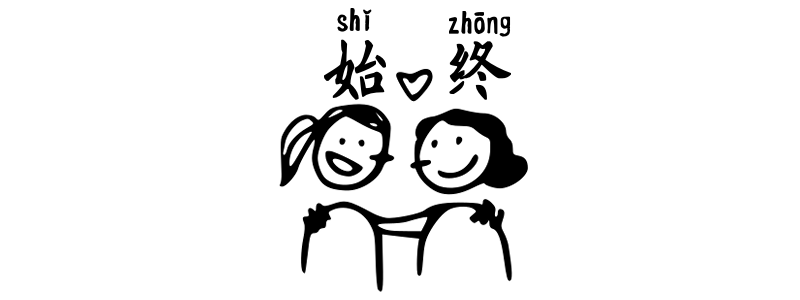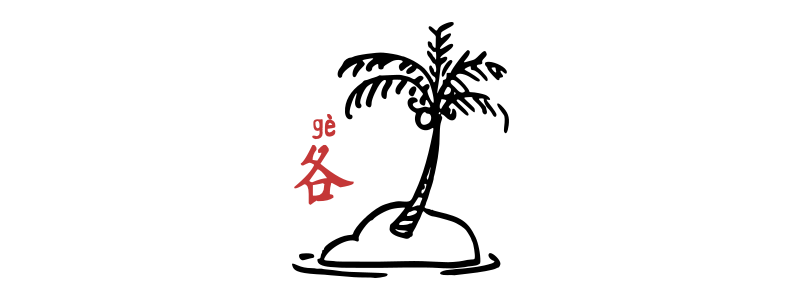Grammar Point:The structure 不是 búshì… 就是 jiùshì… in English can be translated as “either… or…” or “if it’s not…, then it’s…” It emphasizes the limited options available, indicating that something is either one thing or another, without any other alternatives. Structure 不是 búshì + option 1 + 就是 jiùshì + option 2 我wǒ家jiā附近fùjìn的de餐廳cāntīng不是búshì中式zhōngshì, 就是jiùshì日式rìshì我wǒ家jiā附近fùjìn的de餐厅cāntīng不是búshì中式zhōngshì, 就是jiùshì日式rìshìThe…
Author: tiffany
“Ever since” in Chinese
Grammar Point:從从 cóng… 起 qǐ in Chinese is used to indicate the starting point or moment of an action or situation. It’s similar in meaning to “ever since” or “starting from…” in English. Structure Cóng + Time + qǐ It is also common to use 後后 hòu to replace 起 qǐ. However, 起 qǐ implies…
Express “more than” with 多 duō
Grammar Point:In Chinese grammar, 多 duō can be used to express a number in excess of a certain amount by adding it to the end of the number. It is translated as “more than…” in English. Structure Number + 多 + Measure word + N We place 多 duō before the measure words when 多…
Already 3 – dōu… le
Grammar Point:The structure 都 dōu …了le in Chinese is used to emphasize that something has already happened or has been completed. It adds a sense of completion or entirety to the action. Structure Dōu + Time + le 都dōu兩點liǎngdiǎn了le, 我wǒ得děi趕快gǎnkuài睡shuì了le都dōu两点liǎngdiǎn了le, 我wǒ得děi赶快gǎnkuài睡shuì了leIt’s already two o’clock. I need to hurry and go to sleep. 你nǐ都dōu22 歲suì了le還hái不會búhuì自己zìjǐ煮飯zhǔfàn嗎ma? 你nǐ都dōu22…
Approximate Number 2 – dàyuē, dàgài, zuǒyòu, qiánhòu
Grammar Point:In Chinese, there are several words and phrases used to express approximate numbers or quantities. Four common ones are 大概 dàgài, 大約约 dàyuē, 左右 zuǒyòu and 前後后 qiánhòu. Dàgài & Dàyuē Both of them often used to indicate a rough estimate or approximation. They can be translated to “approximately,” “about,” or “roughly.” 大約约 dàyuē…
Approximate Number 1 – jǐ
Grammar Point:The Chinese word 幾几 jǐ is often used to indicate an approximate or indefinite number. It is similar to the English words “a few,” “several,” or “a couple of” when used to describe a small, unspecified quantity. 幾/几 jǐ Numbers + jǐ (10~99) 我們wǒmen家jiā有yǒu二十èrshí幾jǐ本běn書shū我们wǒmen家jiā有yǒu二十èrshí几jǐ本běn书shūWe have over twenty books at home. 他tā學xué了le十shí幾jǐ年nián的de中文zhōngwén他tā学xué了le十shí几jǐ年nián的de中文zhōngwénHe has been studying…
Capability – 能 néng
能 néng – to be able to do 能 néng emphasizes one’s natural ability, as opposed to learned ability. It refers to the ability to do something without the need for training or education, and can also be used to describe changes in one’s ability over time. It is similar in meaning to “to be…
Too adj – 太 tài… 了 le
In Chinese, the phrase 太 tài…了 le is used to express an extreme degree of something. It’s commonly used to convey a sense of “too” or “very” before an adjective to emphasize the extent or intensity of that quality. The structure 太 tài…了 le in Chinese can be used to express both positive and negative…
“All along” in Chinese 2 – 始终 shǐzhōng
Grammar Point:始終终 shǐzhōng is an adverb in Chinese that means “all along” or “from beginning to end.” It is used to indicate continuity, or consistency in an action or state, and it implies that something has remained constant or unchanged throughout a specific period of time or process. Structure 始終终 shǐzhōng + V 他tā始終shǐzhōng保持bǎochí樂觀lèguān態度tàidù他tā始终shǐzhōng保持bǎochí乐观lèguān态度tàidùHe has…
“Each” in Chinese – gè
Grammar Point:The word “each” can be translated to Chinese as 各 gè. In Chinese, this character is commonly used to indicate “each” or “every” when referring to individual items or elements within a group. It is often used to express the idea that something applies to each or every item in a set or collection….


